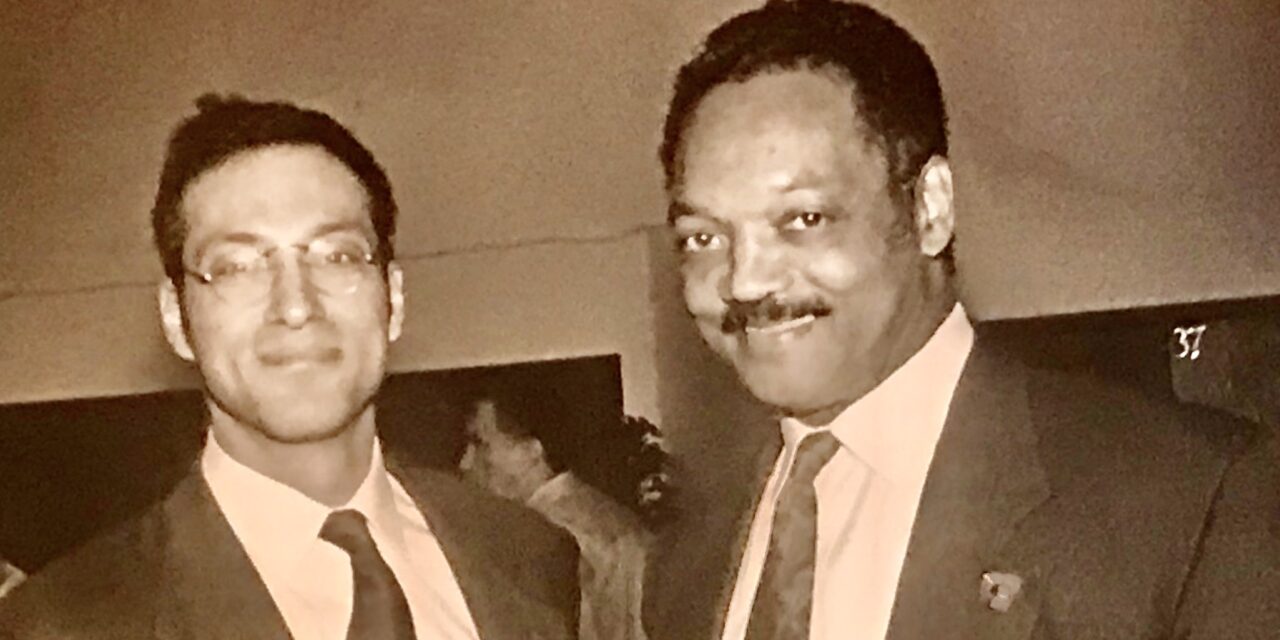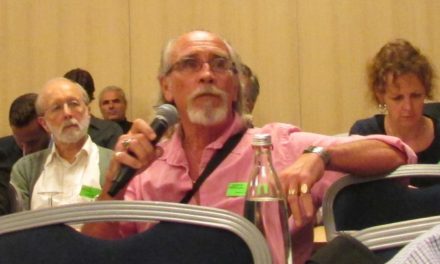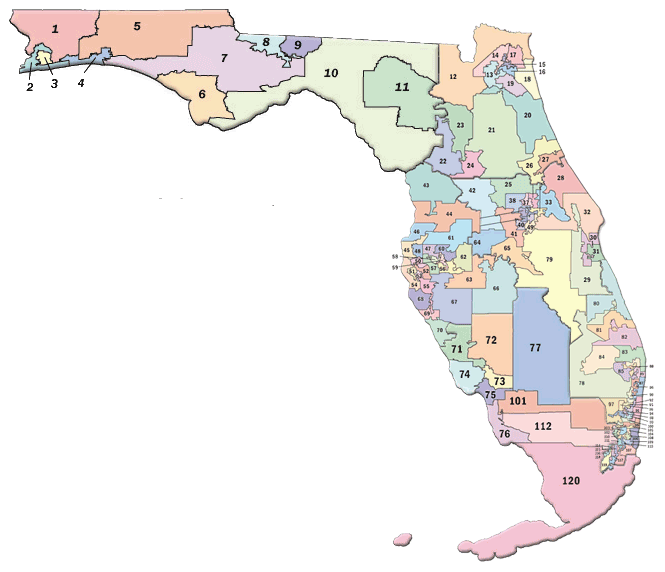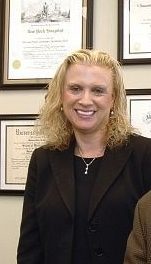The New Yorker posted a piece Nov. 20 that reduced Terence Hallinan to a non-person. It had an odd title, “Kamala Harris and the Noble Path of the Prosecutor.” The author was a Harvard Law School professor named Jeannie Suk Gersen.Terence had been Kamala’s boss in 1999 when he ran for re-election as “America’s most progressive district attorney” and won a narrow victory. He was then 63 and she was 35.As an Assistant DA, Kamala had played a crucial but unremarked role in her boss’s win. As of early August the polls showed Hallinan well behind Bill Fazio, one of the Assistant DAs he had fired upon taking office in 1996. Kamala and the SFDA Grant Manager, Tim Silard, urged Ross Mirkarimi, who had managed Hallinan’s 1995 campaign and was then an SFDA Investigator, to reprise his role. “They asked me to meet them for lunch at the Mars Cafe,” he recalls, “and they laid it out: The Chronicle was killing Terence, morale in the office was very low, there were no plans whatsoever for a campaign and the election was three months away.” It took a hard pitch because it would be a full-time job and Ross would have to take a leave. Moreover, he was heavily involved in Green Party politics and was managing Ralph Nader’s campaign in California. But he assented.Hallinan remained behind in the polls and in the Election Day vote itself until the wee small hours of Wednesday morning. He won by a few thousand votes. When I started work as his press secretary in January 2000 and he spent a morning filling me in on who was who in the office, Kamala Harris was the apple of his eye. “A great hire” is how he described her (giving himself some credit for her outstandingess). But by the end of the month Terence had been convinced that Kamala was out to get his job, and therefore a sort of enemy.
I’d had a taste of Office Politics when I worked at UCSF, but it was nothing compared to the endless jockeying for position at SFDA. Somebody told me that Ross Mirkarimi had hoped to become the PIO (public information officer) and assumed that I had out-lobbied him. I hardly knew Ross, but I knew he deserved the job. He was attached to the Special Prosecutions unit on Brannan Street and one day I sought him out. It was lunchtime and he was eating a sandwich and had the Anderson Valley Advertiser spread out on his desk. I told him that I’d been drafted by Kayo and that if I’d known he wanted the job, I would not have accepted. It was the truth, but I don’t think he believed me.
In due course we became friends. Ross was an extremely proficient investigator, and his background in economics (a master’s from Golden Gate) was a great asset when he helped SFDA win a big settlement for the city from the Old Republic Title Company. He described the sleuthing as “Numbers, numbers, numbers.” The prosecution of white-collar criminals was a defining priority of a “progressive district attorney,” and with the successful action against Old Republic, Terence fulfilled a campaign promise. In June 2001 Ross and Assistant DA David Moon helped me draft a press release:
“In a precedent-setting case that granted whistleblower status to the city of San Francisco, Superior Court Judge Stewart R. Pollak has ordered Old Republic Title Company (ORTC) to pay the city $15,136, 158 for violating California’s False Claims Act… Judge Pollak ruled that certain ORTC business practices involving fees charged to home buyers were illegal. He also found that ORTC violated an Insurance Code provision mandating that all interested earned on money placed in escrow is to be paid to the persons (usually home buyers) who deposited the money. ORTC had been sweeping the interest from those accounts into its own income for more than a decade.
“District Attorney Hallinan expressed satisfaction with the award: ‘San Francisco’s treasury benefits and consumers benefit as well.'”
I sent the New Yorker piece to Ross and called him to discuss it. We both thought the image of Kamala breaking new ground was inaccurate. Professor Suk Gersen had written:
“…Harris urged prosecutors to ‘go after the worst criminals’ but to redirect defendants accused of lower-level offenses and at-risk young people toward programs for reintegration and crime prevention. In that vein, she has touted the Back on Track program that she implemented as San Francisco’s D.A., allowing young-adult first-time drug offenders to go to an education program instead of prison, and her initiation, as California’s attorney general, of a statewide implicit-bias training for law-enforcement workers. During the 2020 Vice-Presidential debate, Harris described these reforms as part of the ‘model of what our nation needs to do and we will be able to do under a Joe Biden Presidency.'”
Erasing Kayo’s Legacy

According to Susan Breall, a veteran prosecutor who had been hired by Hallinan’s predecessor, “Before Terence nobody had ever heard of ‘a progressive district attorney. He was the first to run on a platform of ‘alternatives to incarceration for non-violent offenders.’ And when he came in, the culture of the office was transformed. Kamala’s ‘Back on Track’ program was an exact replica of Terence’s ‘Streets to Work’ program, as it was originally called.”
Terence described the program thus to an interviewer from Government West (a bimonthly covering the prison-industrial complex): “I make a deal with the small-time, minor-league drug offenders. If they go to school for two years, get a degree and get into an education system, then I will drop the charges against them. It has had a terrific success rate. The first 25 kids who went through it, 19 ended up in college.”
I discussed the New Yorker’s “Noble Prosecutor” essay with Ross Mirkarimi. Suk Gersen had listed the crimes the current crop progressive DAs are likely to charge energetically —”sexual assault, domestic violence, police violence, public corruption, bias crimes, and financial exploitation of workers and the poor.” Her list didn’t include corporate scams of the kind perpetrated by Old Republic Title Company, or crimes against the environment.
Our conversation turned to Terence disrespecting Kamala in January 2000; and my futile efforts to change his point of view; and how things might have played out if he had indeed made her his chief assistant back then. Given Kamala’s youth and energy, I speculated, and Terence’s loss of a step (which Ross was well aware of), their division of labor would by 2003 make clear to everyone in the office, and maybe even to Terence himself, that Kamala had become the de facto DA. He would endorse her and then retire to private practice, from whence he could justly take some credit for his successor’s accomplishments.
Historic what-ifs serve no purpose, but the mind can’t help wandering… If Kamala had been seen as Terence Hallinan’s protege, the red-baiters would have had extra ammo to block her bid for the Vice-Presidency, and well might have cost her the job. So Kayo dissing her all those years ago worked out to her advantage! It’s a good thing nobody ever listens to me.




